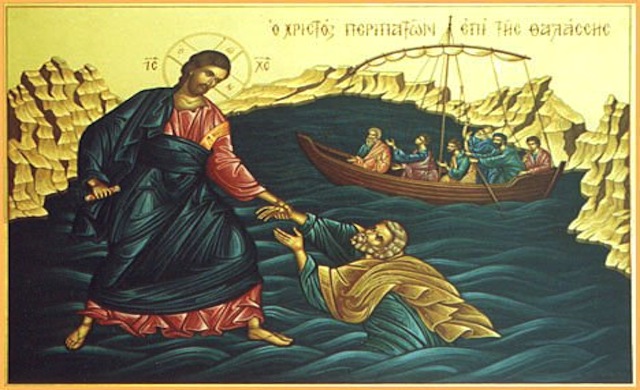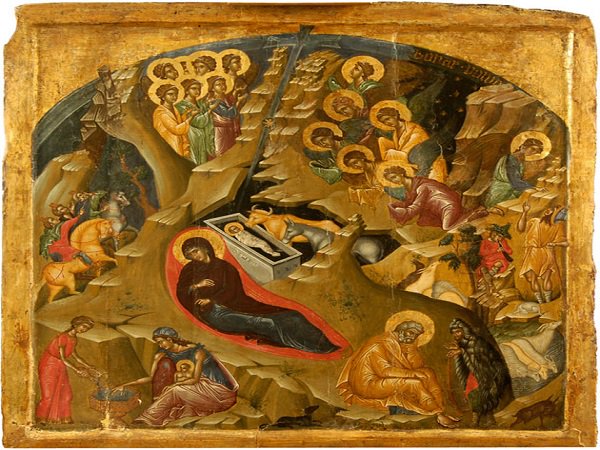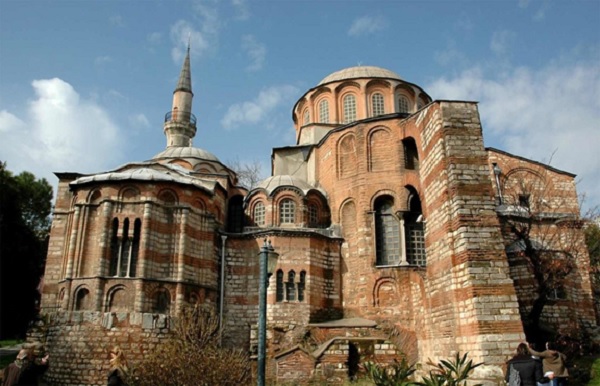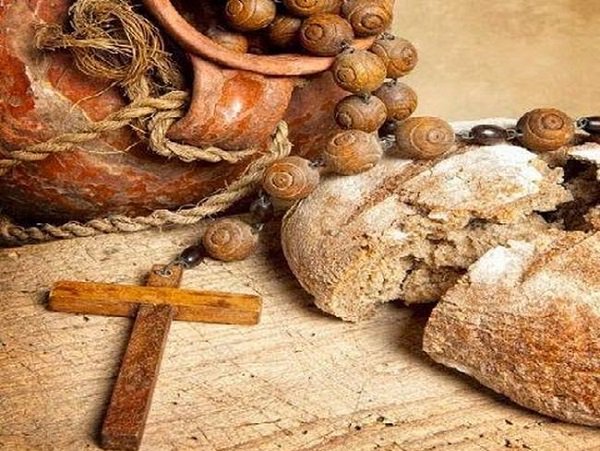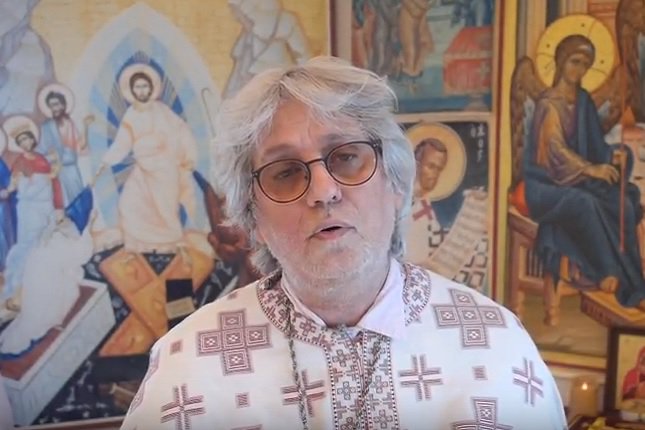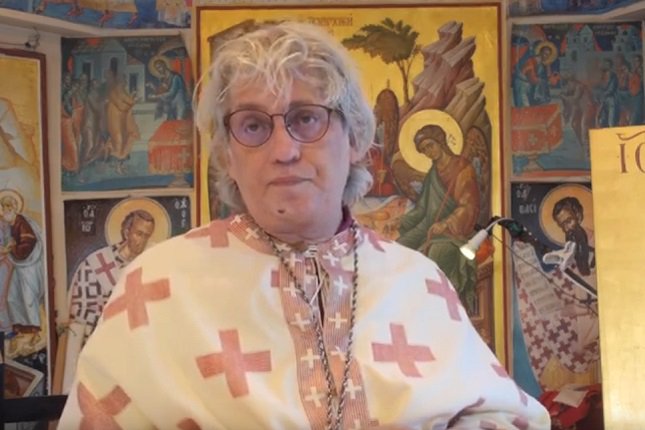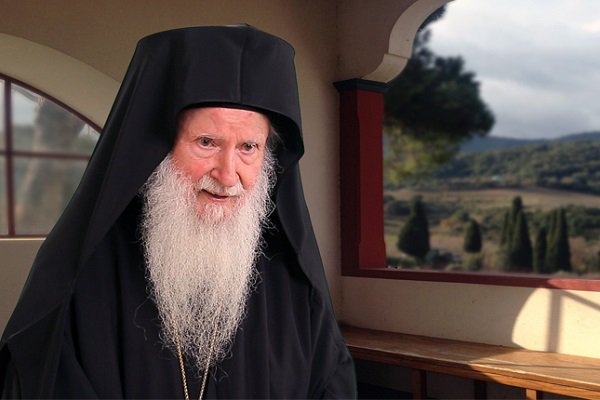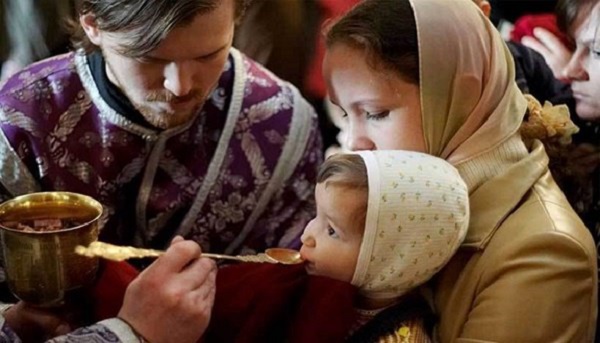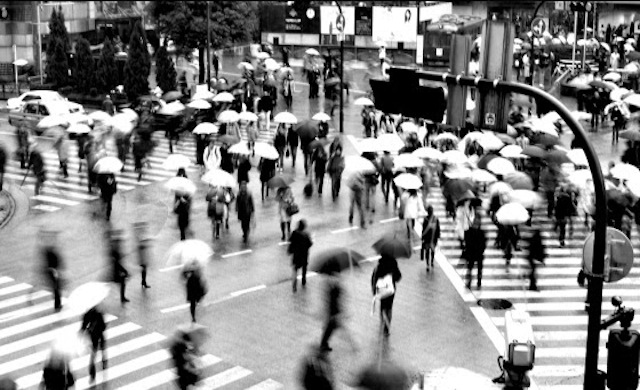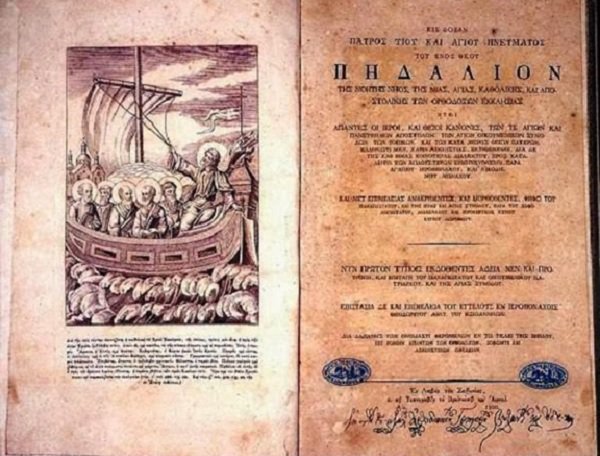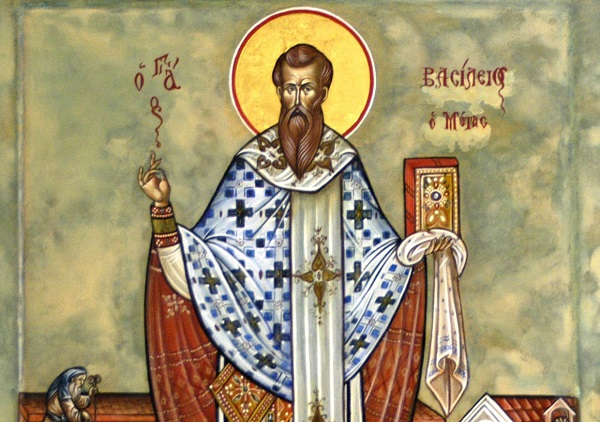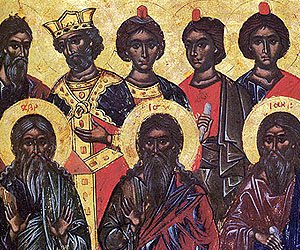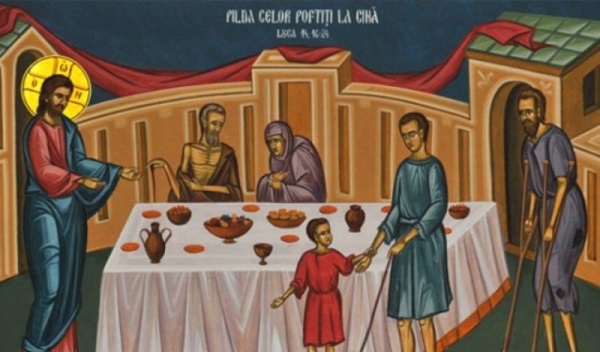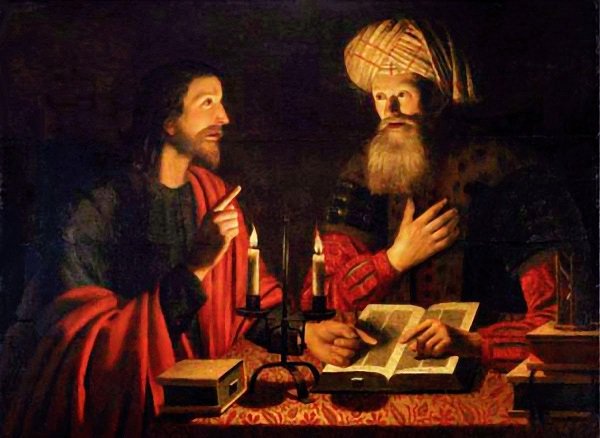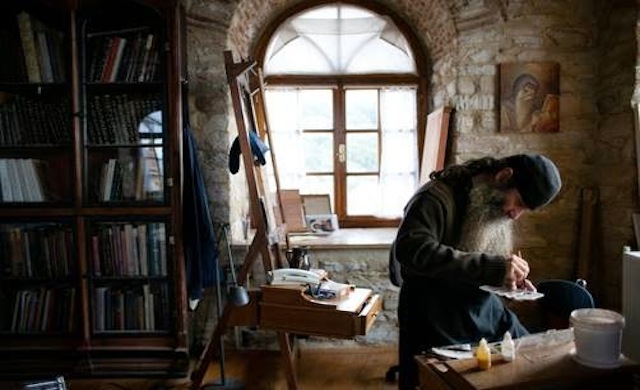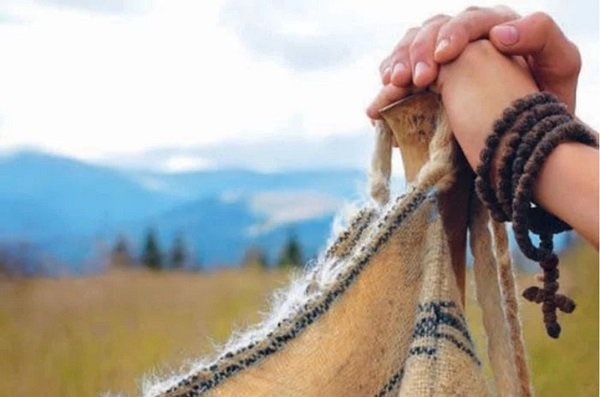
Fasting in the Old Testament But let’s tie our words to history, examining the antiquity of the fast. It was passed down as a paternal bequest and thus preserved, from one generation to the next, until it came down to us, as our own possession. There was no wine in paradise, no animal sacrifices, no eating of meat. Wine came after the flood. After the flood ‘as I gave you the green plants, I now give you everything’ (Gen. 9, 3). When perfection was rejected, enjoyment was allowed. An example of this lack of acquaintance with wine is Noah, who was unfamiliar with its use. It still hadn’t come into our life and our social interactions. Since he’d never seen its ...


